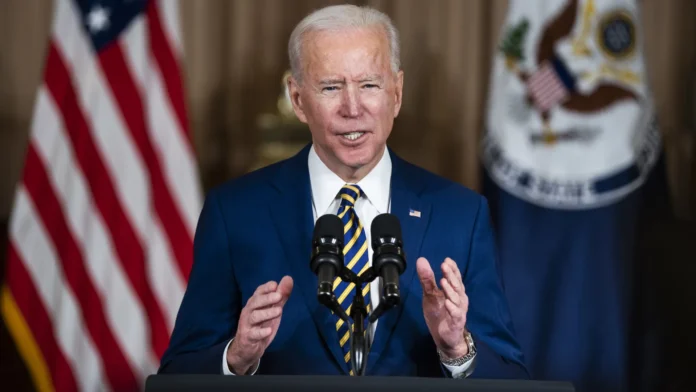Author: Stephen Wertheim
Affiliation: The Quincy Institute for Responsible Statecraft (Deputy Director of Research and Policy)
Organization/Publisher: Foreign Affairs
Date/Place: January 25, 2021/USA
Type of Literature: Article
Word Count: 1915
Link: https://www.foreignaffairs.com/articles/united-states/2021-01-25/delusions-dominance
Keywords: Biden’s Administration, Delusions of Dominance, Endless Wars, Restraint Approach, and the US Global Primacy
Brief:
As an advocate for the restraint approach and the demilitarization of US foreign policy, Wertheim seeks in this article to convince Biden’s administration of the need to abandon the grand strategies and delusions of global hegemony entrenched by the previous administrations. Biden is able to do so by adopting decisive decisions such as withdrawing American soldiers from Afghanistan, ending the endless and unnecessary wars in the Middle East, activating diplomacy with Iran and North Korea, and to stop antagonizing Russia and China. The price of the global armed primacy was high regarding its costs: It increased the risks and made the American people less safe and more needed. Even if Biden wanted to pursue delusions of global primacy, he will find himself burdened with local priorities—reforming democracy at home, and ending the consequences of the pandemic. In the first part of this article, the author calls upon Biden to seize the early days’ opportunity to break the chain with the previous grand strategy, indicating the possibility of his immediate action on two issues: First, reviving the nuclear agreement with Iran, resisting the temptation of using force, and neutralizing the pressures that push him towards waging war options against Iran. Second, withdraw all American forces from Afghanistan by May, as failure to do so would lead to the cancellation of the Doha agreement between Washington and the Taliban, giving preference to the Taliban on the battlefield, and making the US as a target opponent in the region. The author adds bold recommendations, such as fulfilling pledges to end US support for the Saudi intervention in Yemen, reduce arms sales to the kingdom, and cut aid to Israel. Thus, he will be able to save US diplomacy in the Middle East. In the second part, the author calls upon Biden to free himself from the old logic and establish a new strategic logic that places the specific interests of the American people on the list of priorities before the futile pursuit of global hegemony. For instance, the author clearly recommends that Washington accept North Korea’s possession of nuclear capacity, normalize relations with it, and encourage peace-building on the Korean Peninsula, which would later enable the US to remove its forces from the south, as this would remove the possible reasons that make the US as a target for North Korea. Furthermore, he calls upon Biden to exercise restraint towards Russia and China, and to resist the growing calls for an explicit commitment to waging a war against China to defend Taiwan. Biden should renew the US military strategy in East Asia so that Washington can rally its allies to deny China control over waterways and vital space there. Regarding Russia, Washington must stop antagonizing Moscow by stopping the expansion of NATO. There are many common challenges (climate change, arms control, and pandemics) that impose a duty upon Washington to coexist and cooperate with both Beijing and Moscow. Otherwise, the US will spend the rest of the twenty-first century in turmoil, exposing itself to the dangers of great power war. In the final part, Wertheim stresses the need to overcome internal crises, and to strengthen national unity in order to improve the lives of the American people who have priority. It is time “to do less nation-building abroad and more building in America. The United States remains an indispensable nation—to its people. Only by serving them can it play a responsible role in the world.”
By: Djallel Khechib, CIGA Senior Research Associate




